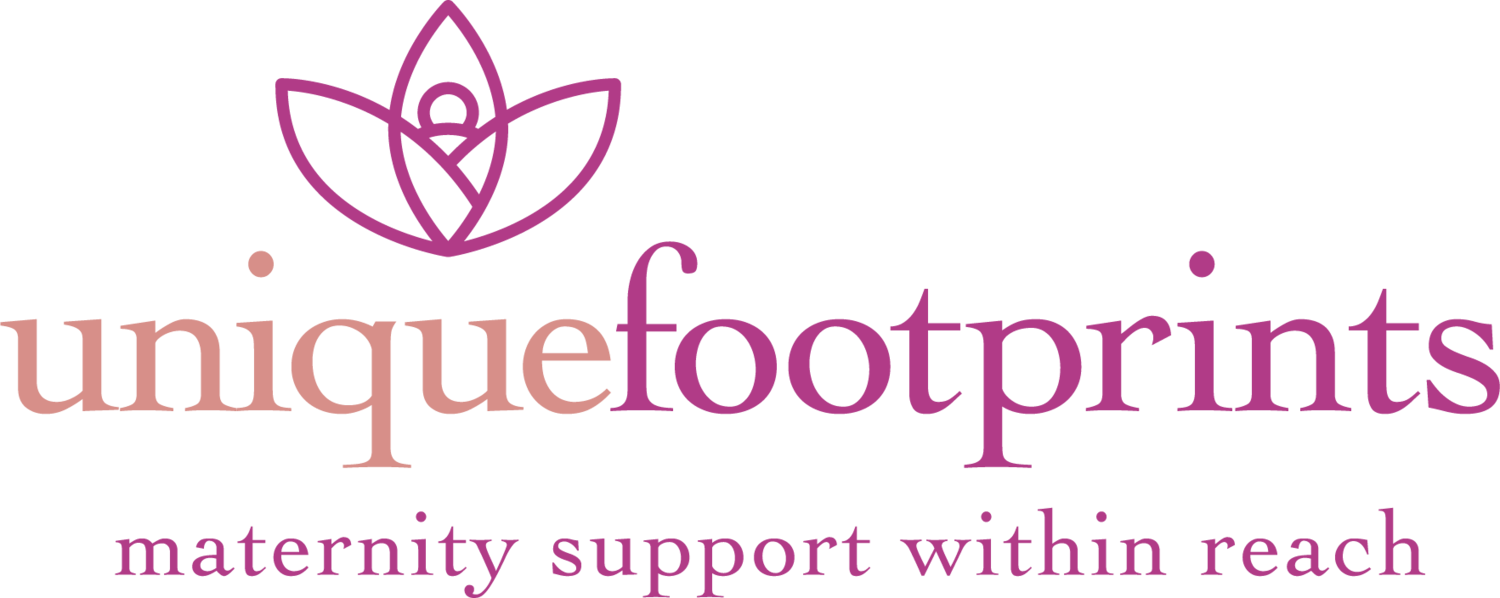Caring for Your Mental Health Postpartum
If you’ve taken the Pregnancy course, you know that creating a postpartum coping and sleep plan with help both you and baby. And we get it as moms, caring for yourself during pregnancy is one thing, but in the postpartum period, really? It’s a whole new world.
Suddenly it can feel like you’re choosing to do something for yourself instead of your baby, like it’s an either/or thing.
However, taking care of yourself is actually helpful to your baby.
Self-care refers to taking care of yourself physically, mentally and emotionally. It’s anything you do that enhances your health and well-being from sleeping and eating well to reading your favorite magazine while snacking on chocolate pretzels. Some examples of self-care behaviors include sleeping well, eating nutritious food, drinking plenty of water, taking a shower, gleaning emotional support from friends and family, and playing your favorite board game with a friend. These things feed your soul and fuel your physical and emotional energy so you can turn around and expend more physical and emotional energy on your baby.
Self-Care for Mom and Therefore Baby
Taking care of yourself is associated with improved mood and functioning postpartum. Improved mood and decreased anxiety postpartum are associated with stronger and more secure relationships between mom and baby. Secure attachment for baby is associated with all kinds of goodness in the short and long term (e.g., studies have even shown that babies with secure attachment styles are more likely to do well in school, increased confidence and more stable interpersonal relationships). So, in short, taking care of yourself is one of the best things you can do for your child. Science says so.
A Picture of Self-Care during the Postpartum Period
Taking care of yourself during the postpartum period is going to look different than it did during pregnancy and certainly different than it did before motherhood. Here it’s less about adding enjoyable activities to your life and more about focus and attention to what your mind and body needs. Let’s go back to basics. In the postpartum period unless you’re paying attention and actively working hard to find opportunities to sleep, you’re probably not going to sleep much. Similarly, women often remark that it’s hard to find time to eat when baby is cluster feeding or experiencing colic. Self-Care in the postpartum period consists of making small choices every day that may not be easy, but you make them with faith that these steps will lead you to achieving a larger long-term goal that might be hard to see. So, what are the steps?
Prioritize sleep, talk to family and friends about watching the baby a little at night and/or during the day to increase your sleep time. (See making a postpartum coping plan for more thoughts on sleep in the postpartum period.)
Eat and drink water. Have your partner or family and friends buy, plan and prepare foods that are easy to access in the fridge. Stock up on easy nutritious snacks and keep some by your nightstand or baby feeding station. Carry around your favorite oversized water bottle with a straw so you can hydrate at all angles of the night.
Take Care of yourself. Take a shower daily, wash your face and brush your teeth. You deserve to put on clean clothes and feel like a human.
Allow others to help. For emphasis I’ll say it again, allow others to help! (Check our Asking for Help blog to learn more about how to do this.)
As you and baby start to find a sleep rhythm, and only when you’re ready, consider what you’d like to incorporate back into your life that brings you joy (e.g., a walk around the park, coffee with a friend, getting your hair or nails done, fishing on the weekend, mommy and me yoga, or playing solitaire).
Most importantly, listen to yourself, if something is not quite right, speak up. Advocating for yourself is advocating for your baby! If you’re not feeling well and these steps don’t help, seek professionals support right away. Contact your ob-gyn for a referral to a mental health provider trained in perinatal mental health.
The Alternative
The alternative to taking care of yourself postpartum is not pretty. Self-care may actually stave off postpartum challenges like developing depression or anxiety. There are a lot of risk factors that contribute to someone developing postpartum depression or anxiety (check out our Knowledge is Power blog for more information on this), but regardless, self-care is one of the top tools to fight or prevent postpartum depression. You can do this. Remember self-care is not this huge monumental thing you do all at once, it’s small steps each day that add up over time. You can take a tiny step. Watch it motivate you to take another.
Pregnancy Course
We help you have a healthy pregnancy, birth & baby
30 Money Back Guarantee
Motherhood Course
Have an easier recovery and enjoy motherhood.
30 Day Money Back Guarantee
Unique Footprints Authors:
Katie Sardone, PhD
Dr. Katie Sardone is on the Unique Footprints Psychology team, she’s a Licensed Psychologist and the founder of Behavioral Health Dallas, PLLC. She is also a Certified Maternal Mental Health Expert for prenatal/postnatal. Read more about Dr. Sardone here.
From the Unique Footprints editorial team and Jenny Morrow, founder of Unique Footprints. Unique Footprints follows strict reporting guidelines and uses only credible sources from ACOG, the American Academy of Pediatrics, CDC, the U.S. Surgeon Guidelines and the Academy of Nutrition and Dietetics. The UF TEAM also thoroughly researches peer-reviewed studies, academic research institutions and highly respected health organizations. Unique Footprints is endorsed by the American Pregnancy Association.
References:
Raising a Secure Child by Kent Hoffman, Glen Cooper, and Bert Powell with Christine M. Benton



